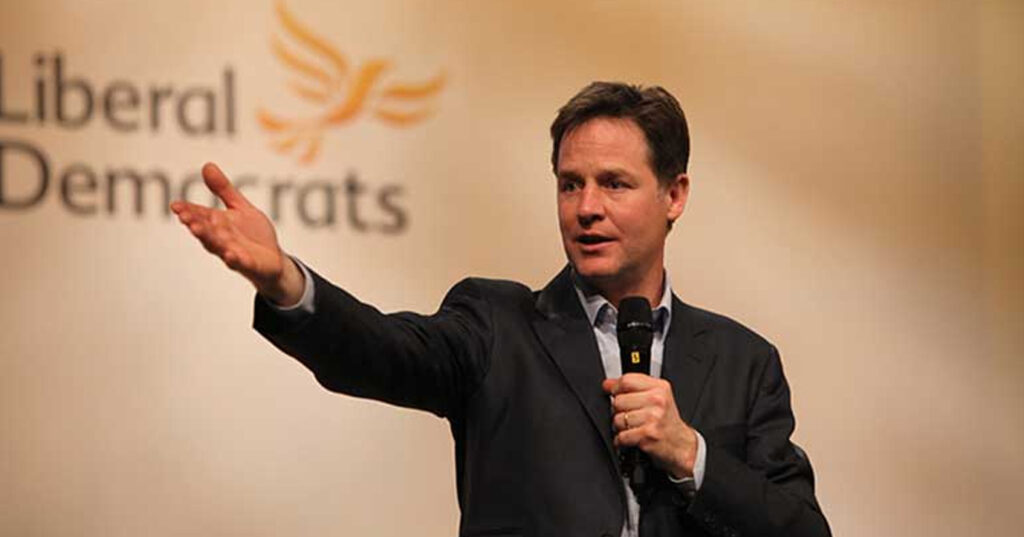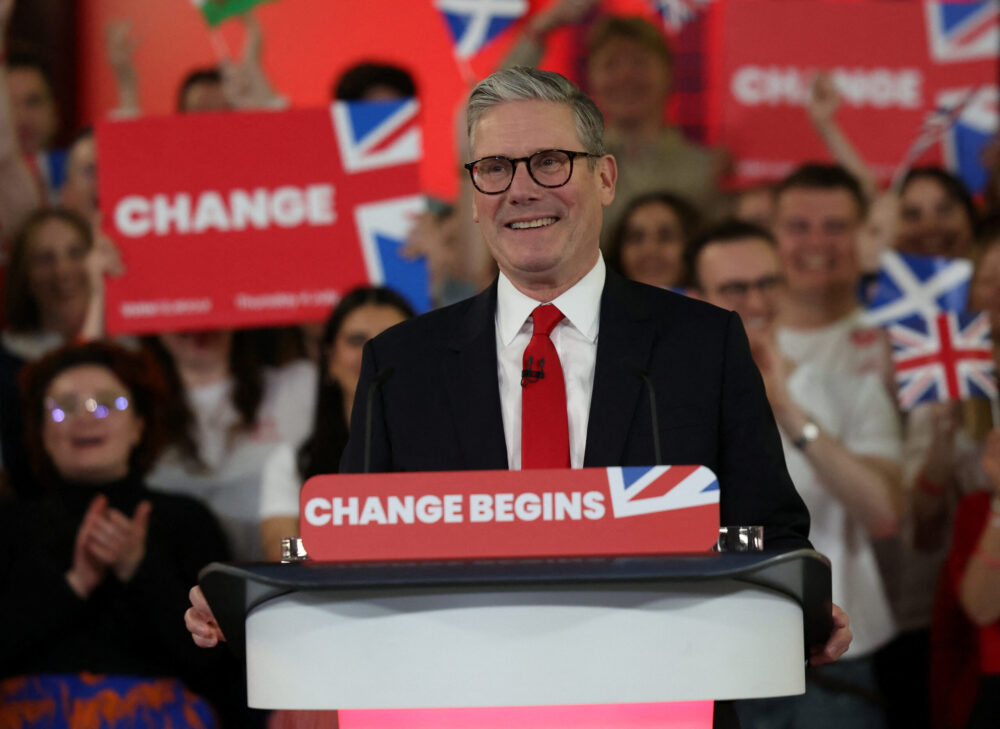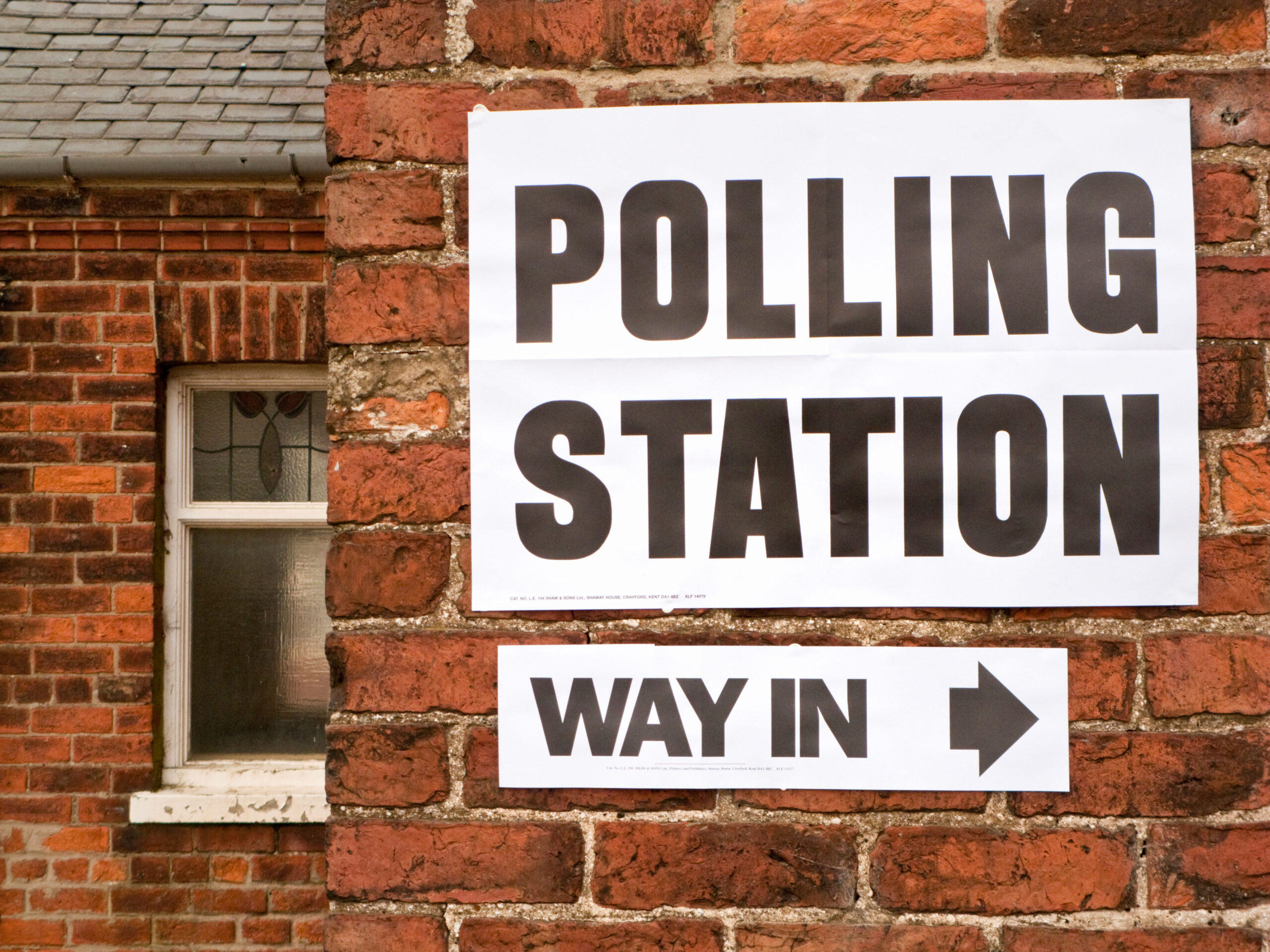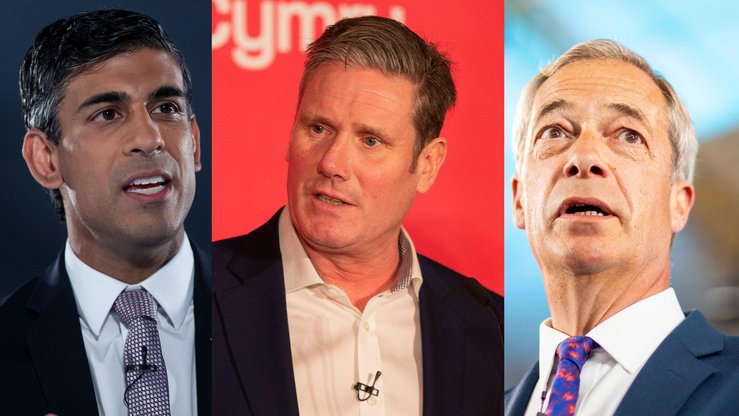
Earlier this week Nick Clegg raised the prospect of a Lib-Lab coalition after the next election. He said he had observed Labour becoming more open to the possibility while the Tories had become more ideological in office.
Surveys last year found Lib Dem councillors and activists preferred the idea of working with Labour. Meanwhile, on the Conservative benches there is (shall we say) a diversity of opinion about the idea of governing in coalition after next May. Ed Miliband insists he is aiming for an overall majority, while some recent reports have suggested Labour are planning for a minority government if they are the largest party in a hung parliament.
But the fact is that in the early hours of Friday 8 May 2015, the politicians are going to have to deal with whatever situation the electorate has seen fit to present them with. Clegg knows this perfectly well. His overtures are not aimed Miliband, they are aimed at the voters – specifically, the ones who supported his party in May 2010 but vanished after the coalition deal was signed, halving Lib Dem support.
Some in the party reassure themselves that assiduous local campaigning by Lib Dem MPs will produce a better overall performance than the national polls currently suggest. This is not entirely wishful thinking: my own research in the marginals has consistently found a higher Lib Dem vote share when respondents are asked to think about their own constituency and the candidates who are likely to stand.
But reminding the voters of their record on potholes and bus timetables will only take the Lib Dems so far. They need a way of winning back those who switched away, mostly to Labour, because of what was happening at Westminster.
With an election now on the horizon, Mr Clegg is embarking on a campaign to win them back. Central to this is the message that he is not a Tory stooge; the Lib Dems, he is beginning to signal, remain equidistant between the Conservatives and Labour.
Yet I fear that if Clegg thinks this strategy is going to re-convert the lost, he will be disappointed.
Many former Lib Dem supporters were protest voters who wanted to tick the box for “none of the above”. They disappeared the moment the Lib Dems ruled themselves out of this category by entering office.
A further chunk of voters the Lib Dems want to win back supported the party in 2010 because they saw it as a left-wing alternative to Labour. If they heard Clegg talking about equidistance, they thought he was kidding. Imagine the horror with which these people watched the Rose Garden press conference.
For such voters, the Lib Dems are the party that installed a Conservative Prime Minister, propped up the Tories in office and nodded through austerity. Whether the current government is less bad than it might otherwise be because there are Lib Dems in it is neither here nor there – as far as they are concerned it is their fault the Tories are in office at all.
To left-leaning ex-Lib Dems, equidistance is the promise that this could happen all over again. As long as a Lib Dem vote could mean putting the Tories back in power, they will be wary of making the same mistake twice.
To be reassured, some will want to hear that if the next election produces another hung parliament the Lib Dems would only deal with Labour, not the Conservatives. This is clearly a message that Clegg cannot and will not send. But he may be tempted to signal to them in other ways. The Lib Dems could, for example, be more critical and obstructive (or even more critical and obstructive, as some Tories would put it) of Conservative plans, and set out their own proposals which they know would not become coalition policy. Most radically – but an idea that has been mooted – the Lib Dems could withdraw from coalition altogether in order to set out their own distinct agenda.
There are risks attached to all this. Deliberately picking fights with your coalition partners is no way to run a country. And by leaving altogether the Lib Dems would be abandoning the government in which they claimed to be standing up for fairness, being part of decisions and getting some of their policies adopted – implying that they had really achieved none of these things. Such a move might suggest the party did not really have the stomach for office, acknowledging that when it comes down to it the Tories are the grown-ups.
But by this stage, surely Clegg has nothing to lose? Ah, but he has. A section of voters thinks the Lib Dems made the right decision to join the coalition, is glad they are still in office, and thinks they are having some influence for the good even if it can’t say exactly how. This is the hardy tenth of the electorate who say they would vote Lib Dem tomorrow. Many of them – not to mention swing voters undecided between the Lib Dems and the Conservatives – would be unimpressed if the party started to engage in the antics that would be required (but not guaranteed) to bring back the defectors.
Before 2010, different parts of the Lib Dem voting alliance had different expectations, many of which turned out to be contradictory. That is why that alliance will be so hard to recreate. As I noted in my research last year (provocatively but not entirely facetiously titled What Are The Liberal Democrats For?), Nick Clegg has perhaps the biggest challenge of any leader in defining his party’s purpose.
How far, then, should he distance himself from the Tories in pursuit of votes? Equidistance may not be enough – but any further may be too far. Who would be Deputy Prime Minister?


